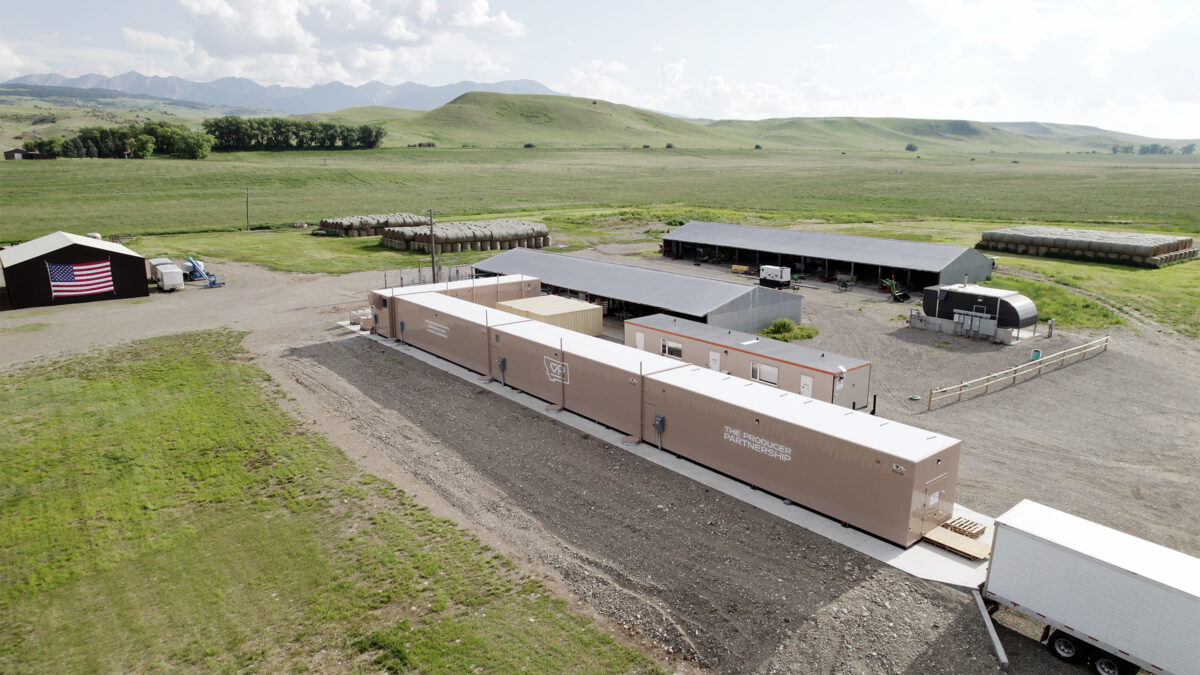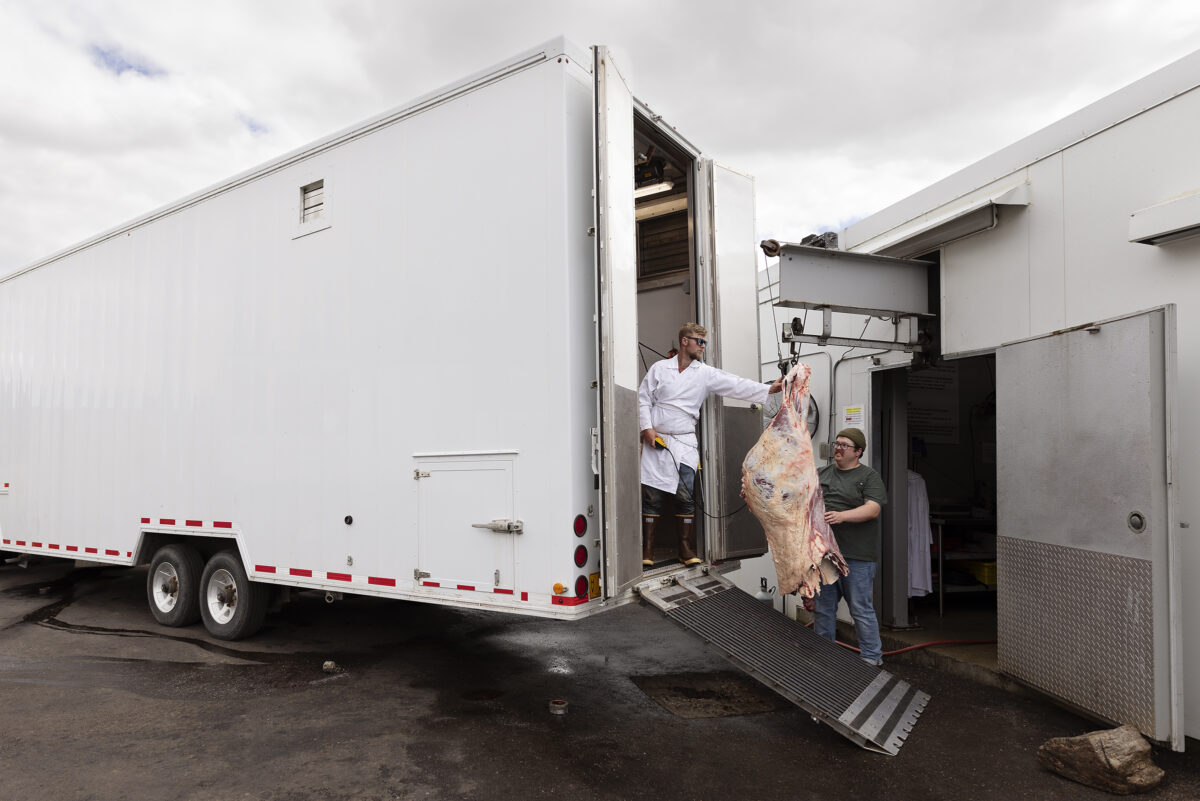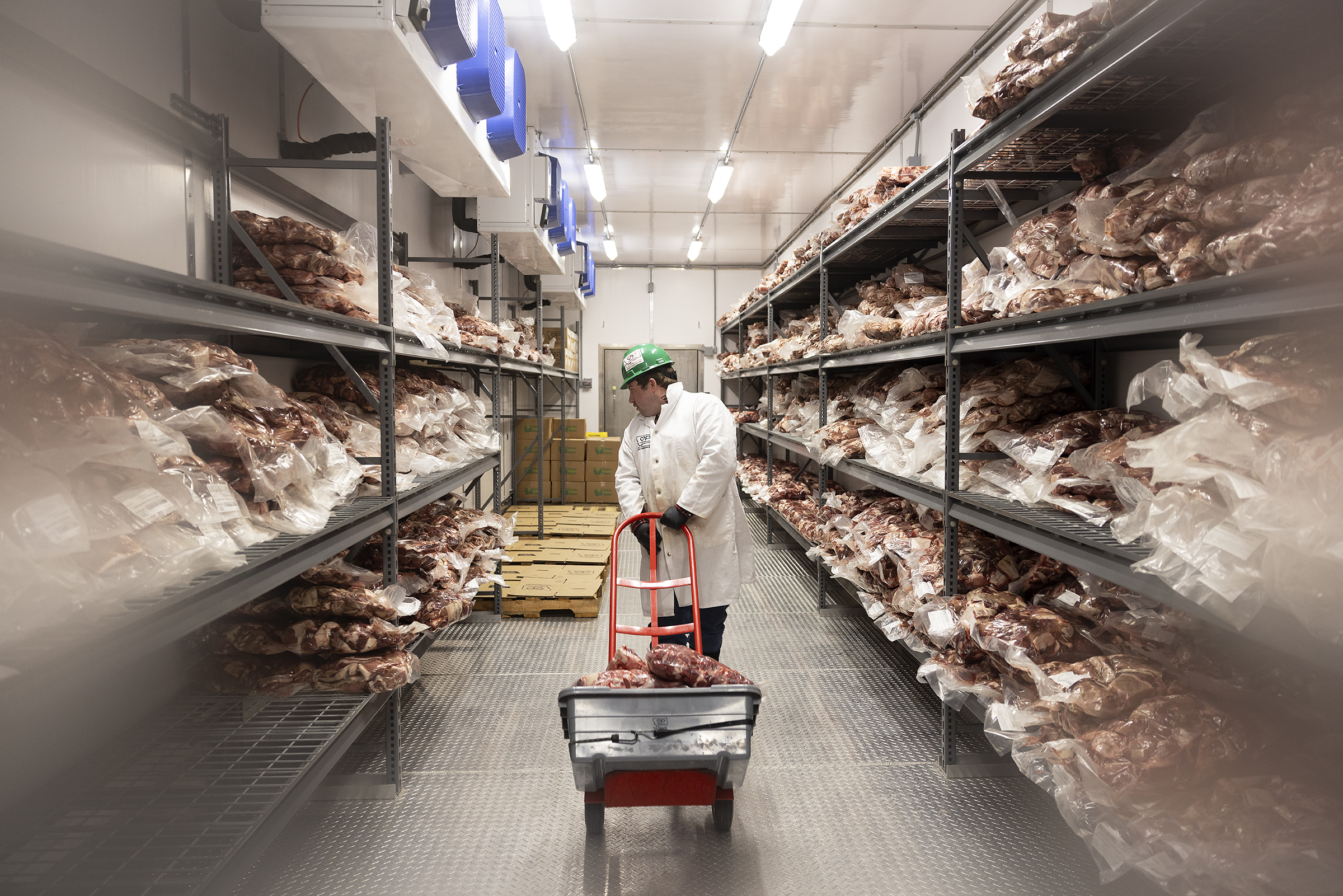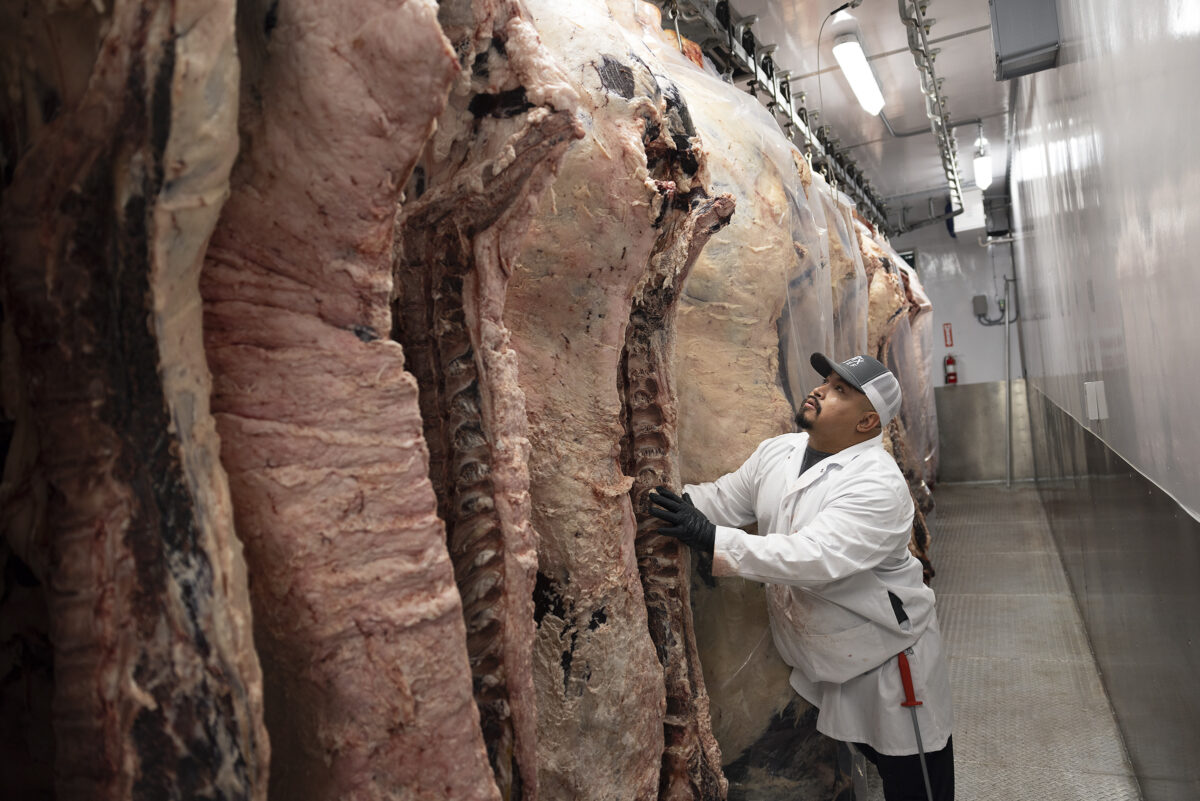
Client Stories
Meat producers, processors and entrepreneurs represent the best that America offers. Read these case studies of how they’re using small meat processing plants to restore local meat processing in communities across the nation.

BRK Meats
CARTHAGE, TEXAS
Meat processing was once a routine part of American life, directly connecting communities to food. More consumers are seeking a closer relationship with their food—and processors like BRK Meats in East Texas are making this possible.
Read More
Harrison Harvesting
CARLISLE, KENTUCKY
“COVID shined a light on how we had neglected our food chain, and it also shined a light on where our whole system was broken—so we felt like we could actually fill a void that was existing.” Perry Harrison saw a problem—and an opportunity to help fix it.
Read More
The Meating Place
HILLSBORO, OREGON
Craft butcher shops were once a staple in America. Big stores edged many out of business. Spurred by COVID–era shutdowns of big meatpackers, independent shops like The Meating Place are leading a resurgence in small-scale processing.
Read More
The Producer Partnership
LIVINGSTON, MONTANA
Think that opening a meat processing plant during a pandemic might be tough? Try starting the first nonprofit, federally-inspected meat processing plant in the United States—during COVID.
Read More
MTXBeef
MASON, TEXAS
When the pandemic hit Central Texas, cattle producers Justin and Missy Crocker’s community asked for help securing their food supply. MTXBeef boomed, but splitting production across 6 different processors wasn’t sustainable—they needed a solution.
Read More
Five Marys
FORT JONES, CALIFORNIA
Brian and Mary Heffernan left Silicon Valley for small town ranch life, building a brand by taking control of every element of their operations—from meat production to on-ranch harvest, processing, and direct-to-consumer sales.
Read More
Bear Mountain Beef
HAWK SPRINGS, WYOMING
At the onset of COVID-19, Mac and Celsie Sussex lived through a “nightmare” hauling finished cattle long distances to multiple processors. Opening a USDA-inspected processing plant on their ranch put them back in the driver’s seat.
Read More